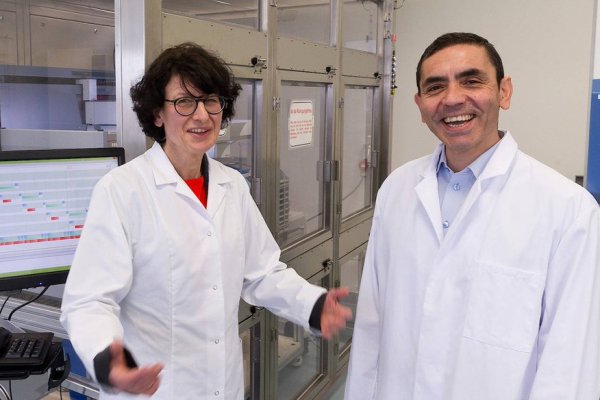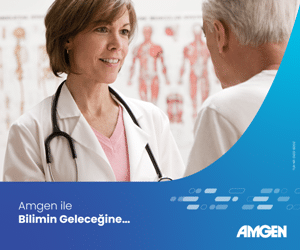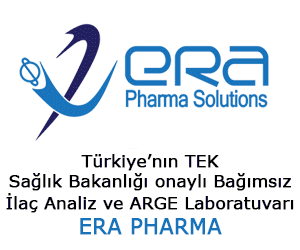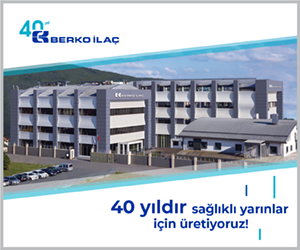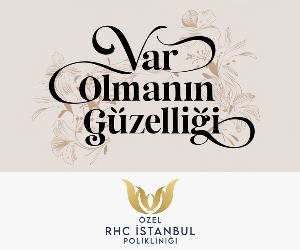“Paul Ehrlich ve Ludwig Darmstaedter 2022 ödülü” yeni tip koronavirüs mRNA aşısını geliştiren Dr. Özlem Türeci, Prof. Dr.Uğur Şahin ve Prof. Dr. Katalin Kariko’ya verildi.
Frankfurt’taki St. Pauls Kilisesi’nde düzenlenen törende 120 bin euro değerindeki ödül takdim edildi.
Paul Ehrlich and Ludwig Darmstaedter Prize 2022 for Katalin Karikó, Özlem Türeci, and Uğur Şahin
Cambridge Üniversitesi’nde görevli Prof. Dr. John Walker konuyla ilgili yaptığı açıklamada, Şahin ve Türeci’ye övgülerde bulunurken, “Dünya çapında milyonlarca insanın yararlandığı Covid-19’a karşı mRNA aşısının “olağanüstü hızlı” geliştirilmesinden dolayı onurlandırılmakla kalmadınız, ayrıca “tıpta bir paradigma kaymasına yol açması gereken” bir teknoloji platformunun da ortaya çıkmasını sağladınız. Bu, mRNA teknolojisidir. Bu sayede, aşıların hem bulaşıcı hastalıklara hem de kansere karşı kullanılabileceği “yeni ve heyecan verici bir çağ” başlıyor.” dedi.
BioNTech’in CEO’su Şahin, törende yaptığı konuşmada, ödülü bilim dünyası adına aldığını belirtti. Şahin, mRNA teknolojisiyle Covid-19 salgınında milyonlarca hayatın kurtarıldığını vurgulayarak, bu teknolojinin kanser dahil birçok hastalığa çare olması için çalıştıklarını söyledi.
Uğur Şahin, ödül töreninden önce gazetecilere yaptığı açıklamada, gelecek beş ila on yıl içinde mRNA teknolojisiyle bir dizi başarı yakalayacaklarına inandıklarını belirtti.
Katalin Karikó
Katalin Karikó, born on January 17, 1955, in Szolnok, Hungary, studied biology at the University of Szeged, where she received her Ph.D. in 1982. After a postdoctoral stay at the Biological Research Centre (BRC) of the Hungarian Academy of Sciences, Szeged, she moved to the United States in 1985. She was a postdoctoral fellow at Temple University, Philadelphia, PA, USA, from 1985 to 1988, and at the Uniformed Services University of the Health Sciences, Bethesda, MD, USA, from 1988 to 1989. Karikó serves as Senior Vice President of BioNTech AG in Mainz, Germany, as Professor at the University of Szeged, and as an Adjunct Professor of Neurosurgery at the University of Pennsylvania.
Katalin Karikó has received numerous awards, including the Japan Prize in 2022, the Breakthrough Prize in Life Sciences 2022, the Széchenyi Prize 2021, the Wilhelm Exner Medal in 2021, the Semmelweis Prize 2021, the Princess of Asturias Award 2021, and the Rosenstiel Award in 2020, and is a Member of the Academia Europaea.
Özlem Türeci
Özlem Türeci was born in Siegen, Germany, in 1967. She studied medicine at Saarland University in Homburg, Germany, and received her doctorate in 1992. She completed her habilitation at the University of Mainz in 2002. Starting in 2001, she served as CEO and Chief Medical Officer of Ganymed Pharmaceuticals AG. Türeci is Co-Founder and Chief Medical Officer of BioNTech. She also serves as Professor for Personalized Immunotherapy at the University Medical Center Mainz and the Helmholtz Institute for Translational Oncology Mainz (HI-TRON) and as President of the Association for Cancer Immunotherapy (CIMT) in Germany.
Among many other honors, Türeci has received the German Sustainability Award in 2020, the Order of Merit of the Federal Republic of Germany, the Princess of Asturias Award in the category Scientific Research, the Aydın Doğan Award, the William B. Coley Award from the Cancer Research Institute, New York, USA, and the German Future Prize, all in 2021.
Uğur Şahin
Uğur Şahin was born in İskenderun, Turkey, in 1965. He studied medicine at the University of Cologne, Germany, where he completed his doctorate in 1992. He completed his habilitation in molecular medicine and immunology in 1999. Starting in 2001, he worked at the University Medical Center Mainz. He serves as Professor in Translational Oncology & Immunology at the University of Mainz. He holds the role of Chairman of the Scientific Management Board of the Helmholtz Institute for Translational Oncology (HI-TRON), also in Mainz. He is Co-Founder and CEO of BioNTech.
Şahin has received numerous awards and recognitions, including the Merit Award of the American Society of Oncology in 1995, the Calogero Paglierello Research Award in 1997, the Georges Köhler Prize from the German Society of Immunology in 2005, the Mustafa Prize and the German Cancer Award in 2019, the German Sustainability Award in 2020, the Order of Merit of the Federal Republic of Germany, the Princess of Asturias Award in the category Scientific Research, the William B. Coley Award, and the German Future Prize, all in 2021.


